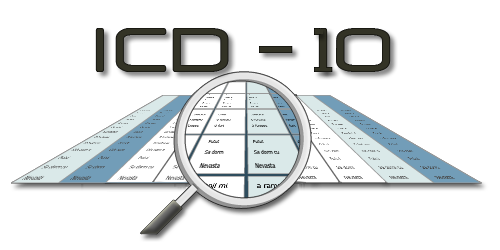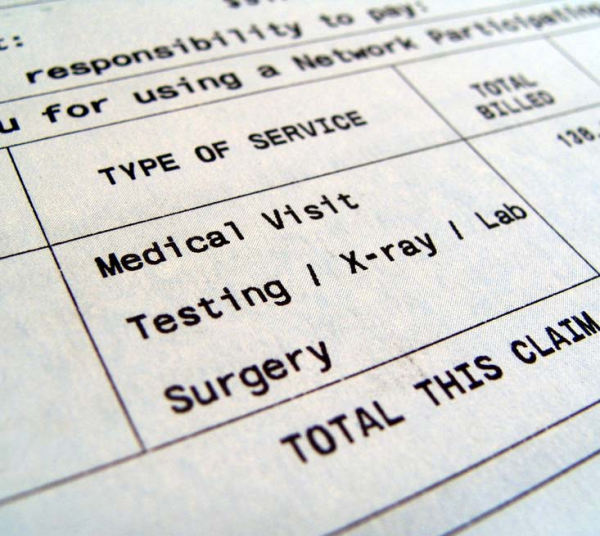Newly released guidelines from the Federation of State Medical Boards of the United States warn physicians and other healthcare providers to err on the side of caution and professionalism in all cases when using social media, especially when dealing with current or past patients or the public at large.
Medical Billing Blog
Include Documentation With Medical Billing Of Modifier 22
Karyn Shatzman, CPC, CGSC--Did you ever work really hard on something, above and beyond the normal circumstances, only to find out that you get no additional compensation for what you have accomplished? This happens to physicians all the time when they do medical billing for increased procedural services. The CPT book gives you a description of a service that is rendered by a physician. The American Medical Association, who writes the CPT, sets guidelines for that procedure code. What happens if that surgery that typically takes two hours to perform suddenly takes six hours? Maybe there were adhesions that the physician had to dissect for hours before they could even start the intended surgery. Payment schedules based on RVU’s do not take these circumstances into consideration, so modifier 22 was created.
Medical Billing E-prescribe Requirements for 2013
Medical Billing requirements for Medicare's e-prescribe program are different this year from previous years. To avoid the E-prescribe penalties in 2013, providers must successfully e-prescribe 10 times on eligible claims for service dates of January 1, 2012 through June 30, 2012 and that are processed by July 29, 2012. This means the claims must fully negotiate the Medicare system and be paid prior to July 29, 2012, so it’s of paramount importance that providers make sure they are processing enough eligible claims to avoid the penalty. Furthermore, we recommend that claims be submitted before the end of May, because Medicare traditionally begins holding claims in June so they can be paid in the third quarter. Note that this suggested submission date is not a deadline leveled by Medicare, and there is no guarantee that claims submitted by the end of May will be processed by the end of July. There is also no way to tell what other issues may come up with individual claims that may prevent them from being processed. Therefore, professionals should try to e-prescribe on more than 10 claims to ensure that they meet the quantity threshold.
Code Freeze Extends Through ICD-10 Implementation
Since HHS has proposed a year-long delay of implementing ICD-10, questions have been asked regarding the current ICD-9 code freeze. CMS confirmed that the code freeze will hold until ICD-10 is implemented, regardless of the delay, according to Pat Brooks, RHIA, and senior technical advisor at CMS.
How Medical Practices Sabotage Their Own Cash Flow
Some providers slow down their own cash flow because they do not know any better, or they just want to practice the way they have always practiced before, or they let their employees dictate how they are to run their practice. As crazy as it sounds these scenarios are more common than one would think. Payors are reducing reimbursement rates to balance the national debt, so why reduce your own income voluntarily? I have three case studies to share:
In a new press release from HHS, Secretary Kathleen Sebelius announced a proposed rule that would delay the compliance date for ICD-10 from October 1, 2013 to October 1, 2014.
Consider Outsourcing Medical Billing Out Of State
It might seem convenient to outsource your billing to a billing service around the corner, but geography shouldn’t be the primary consideration when selecting an outsourced medical billing company. Instead, education, experience, and technology are the most important criteria to look for in a qualified billing service. Out of state billing companies can offer a variety of services that may not be available in your local area, so outsourcing out of state should be a real consideration in those instances. There are even practices that outsource overseas with satisfactory results, although many practices are bringing their billing back to the states for a variety of reasons—language barriers being only one of them. Here at Medical Billing Resources we have clients across the country.
8 Tips for Securing PHI -- From Medical Billing Resources
Maintaining the security of Protected Health Information (PHI) can be a menace to the modern physician. With all your other responsibilities, how are you to make time to study how to protect information and know what to do in case of a breach? It can be daunting to consider what could happen if your practice experiences a breach of security with this information, and it’s also confusing to know what needs to be reported and what does not.
Outsourced Medical Billing For Better Revenue Management
It is difficult to evaluate your own in-house billing operation. Unless you have billing expertise, you simply cannot tell how much money is lost due to improper coding, misuse of modifiers (causing denials and incorrect payments) and lack of effective follow-up.
How To Calculate The Cost Of In-House Medical Billing
For many practices, the question of whether or not to outsource the medical billing function has been on the back burner for some time. We say it’s time to take an objective look at the issue and bring yourself closer to making a decision that could be a shot in the arm for the financial health of your practice. Ask yourself just how much it costs you –in hard costs and soft costs—to keep the billing function in-house.




















